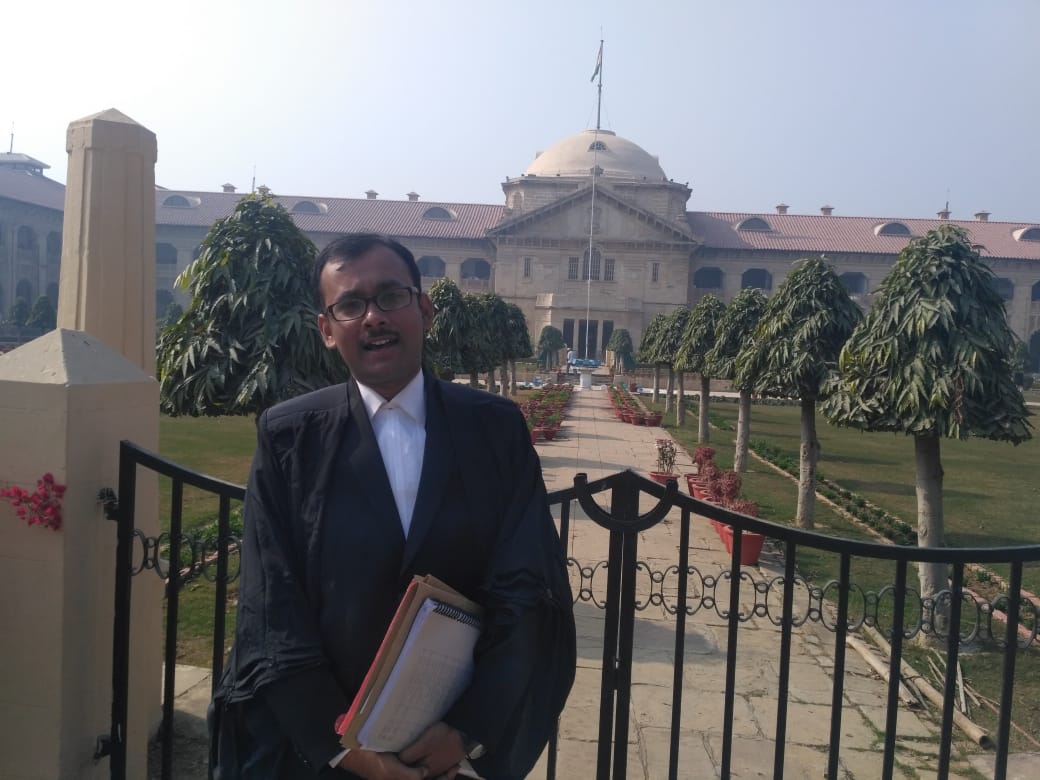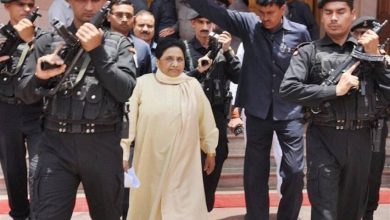Law , Sovereign and Justice
Saurabh Tiwari , Advocate High Court, (LL.B,BHU)

Great English jurist John Austin defines a law as “ A rule laid down for the guidance of an intelligent being by an intelligent being having power over him”. Austin further says law is strictly divorced from justice , instead of being based on idea of good and bad ,is based on the power of superior. This Austin explanation of law is fit in the present scenario of U.P where many extra-judicial killing executed allegedly by the sanction of ruling regime of U.P.
In criminal justice system of India process of establishing guilt and executing punishment is not incidental part of justice , but its integral soul.
Article. 21 of Indian constitution read as “ no person shall be deprived of his life or personal liberty except according to procedure established by law”. But it is evident from the recent trend of encounter either in Hyderabad or Kanpur that this Article 21 mandate were kept in abeyance or overlooked, most unfortunate is courts and National Human Right Commission have shown lenient approach in such cases. In the year 1950 in the A.K Gopalan case which is regarded as “high water mark of legal positivism” Supreme Court upheld that “procedure established by law” meant the procedure as laid down in the law as enacted by the Legislature and nothing more, and court has nothing to do whether law enacted by legislature is bad or good in law. The Constitutional jurisprudence as laid down in A.K Gopalan case remain in force almost three decades i.e 1978. In the year 1978 Supreme Court in the landmark case of post emergency period Maneka Gandhi vs. Union of India interpreted the term procedure established by law must be just, fair & reasonable since then , Art. 21 has been on its way to emerge as the Indian version of the American concept of due process. Maneka Gandhi case made remarkable change in criminal justice system in India by upholding that , “Procedure established by law” in Art. 21 does not mean “any procedure” laid down in a statute but “just, fair and reasonable” procedure. Supreme Court followed the ratio of Maneka Gandhi case in many cases to protect the life and personal liberty particularly in 1990s in the case of Joginder Kumar v. State of U.P [AIR 1994SC 1349] and D.K Basu v. State of West Bengal [(1997)1 SCC 416] court sought to curb the police power of arrest and issued guideline to assure that power of arrest is not abuse. It took decades, when Code of Criminal Procedure (Amendment) Act, 2008 came into existence to give statutory backing to the guideline laid down in D.K Basu & Joginder Kumar case.
But recent incident of police torture in Tamilnadu and alleged police encounter in Kanpur U.P cast very serious impact on our criminal justice system. “Custodial death is perhaps one of the worst crime in the civilized society governed by rule of law. If the State functionaries become law breakers it leads to contempt for (the) law and would encourages lawlessness. Question is , does a citizen lose his fundamental right to life , the moment policeman arrest him ? It is high time to supreme court to revisit D.K Basu case finding , and need to bifurcate investigation and law & order wing of the police force.
And it needs to paragraph 5.5 of the Vineet Narayan v. Union Of India (1998) 1 SCC 226 judgment be modified and applied to custodial death/torture to the effect that if decision of grant of prosecution of police personnel is not taken within one month then same shall be treated as deemed sanction.
Finally I want to conclude by Austin line “Law is a command of sovereign” , at this point of time it seems neither legislature nor Constitution is sovereign . Who is sovereign is open truth .
Writer is practicing advocate in Delhi & Allahabad high court view expressed is this article is personal, input provided by Tushar Goswami (Advocate ) & Ruchi Tiwari (LL.M Student,MGKVP).
Contact-9889282315 , E-mail- saurabh.durgesh@gmail.com





